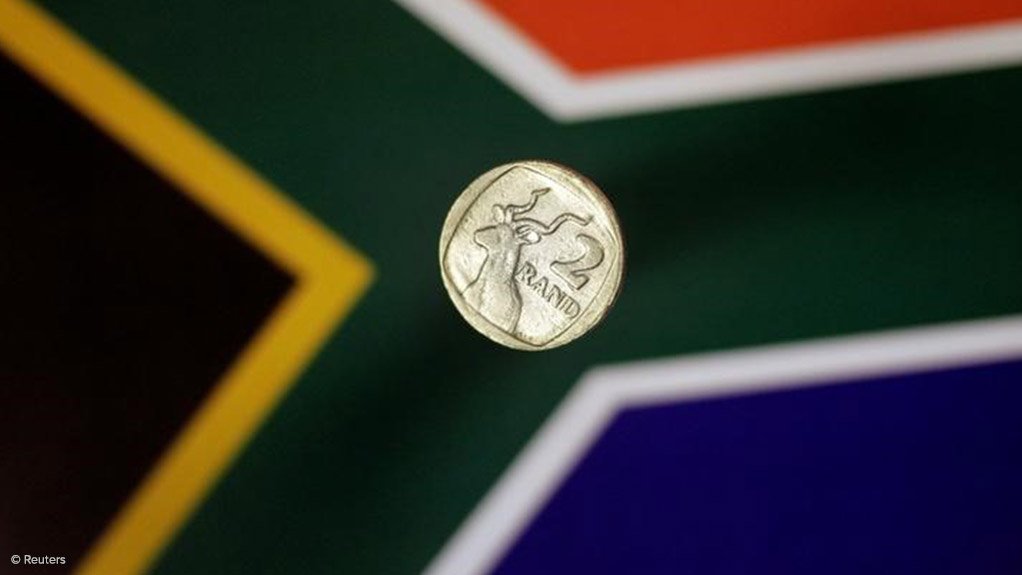South African consumers, who have suffered interest rates at a 14-year high since May, will almost certainly get no reprieve when the Monetary Policy Committee (MPC) announces its first interest rate decision of 2024. Inflation remains hotter than expected.
Statistics SA showed on Wednesday that annual consumer price inflation eased for a second consecutive month, to 5.1% in December from 5.5% in November, edging closer to the mid-point of the central bank’s 3% to 6% target range.
Average consumer inflation last year was 6%, lower than 6.9% in 2022.
But the fourth quarter outcome was higher than the SA Reserve Bank (SARB) anticipated at its meeting in November, said independent economist Elize Kruger.
"Average headline CPI in the fourth quarter was 5.5% versus the SARB forecast of 5.3%. Average headline CPI for 2023 turned out at 6.0% versus SARB’s forecast of 5.8%. The SARB will likely be disappointed at the stickiness of inflation," Kruger said.
Inflation easing too slowly
December’s inflation evidently moderated at a slower speed than the central bank expected. Between this, rand weakness and other domestic pressures, the conflict in the Middle East and falling demand in China, the MPC may be cautious at its meeting at 15:00 on Thursday.
"The MPC is unlikely to make any changes to monetary policy this week. There are still too many local and international uncertainties that could impact inflation over the next 18 to 24 months for the central bank to start cutting interest rates now," Christie Viljoen, economist and senior manager at PwC in SA, said.
"While headline inflation is nearing the middle of the target range, the MPC bases its interest rate decisions on forecasts for inflation and other variables. As such, the MPC will this week release updated inflation forecasts and forward guidance on interest rates," he added.
After some interminable increases that pushed costs to record highs, fuel prices dropped in November, December and January. Food prices also moderated in some categories with bread and cereal prices falling 0.2% and maize meal dropping 0.9% from November to December. Fears that an El Niño weather cycle will bring too little rain and push up food prices haven’t yet come to pass.
The winter crop beat the numbers that were foreseen and there have been better-than-expected weather conditions with heavy rainfall at the end of 2023 and the beginning of 2024 throughout most of the summer rainfall regions, according to Wandile Sihlobo, chief economist at the Agricultural Business Chamber.
Farmers in some provinces have indicated they expect above-average summer crop yields and if showers remain favourable through to the end of February across the country.
"We can confidently expect another ample agricultural harvest," Sihlobo said.
Still, current improvements in the cost of fuel and food won’t be enough to pull inflation back to its 4.5 midpoint any time soon. Investec chief economist Annabel Bishop said February is currently on course for a petrol price hike of 40c per litre, which won’t help.
You can't hurry cuts, you just have to wait
"I expect a fairly hawkish tone in the MPC statement tomorrow, signalling that the MPC would be willing to sit on its hands for some more months and that it doesn’t feel in a hurry to cut rates," Kruger added
"The somewhat higher headline CPI outcome for the fourth quarter is likely to result in a small upward revision to the SARB 2024 average headline CPI. My forecast is 5.2% versus SARB’s current forecast of 5.0%. Headline CPI is forecast to be below 5% only in the fourth quarter of 2024, she explained.
For now, Viljoen said, most economists expect interest rates to only start declining in the second half of 2024.
EMAIL THIS ARTICLE SAVE THIS ARTICLE
To subscribe email subscriptions@creamermedia.co.za or click here
To advertise email advertising@creamermedia.co.za or click here











